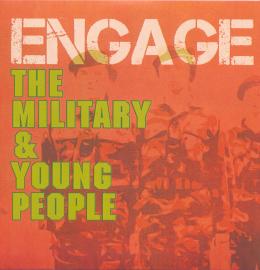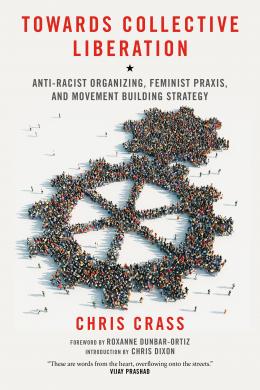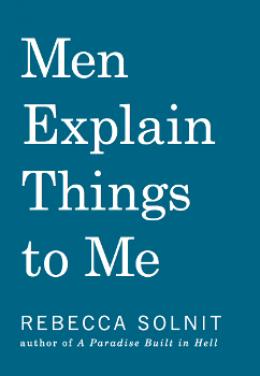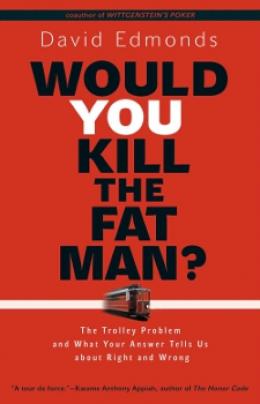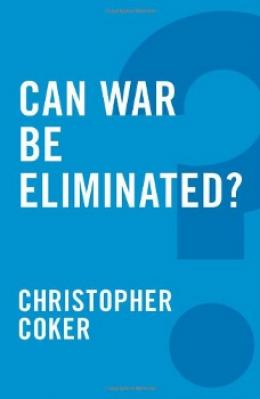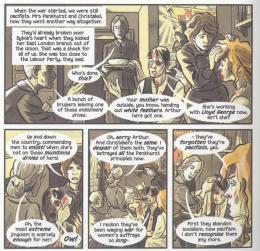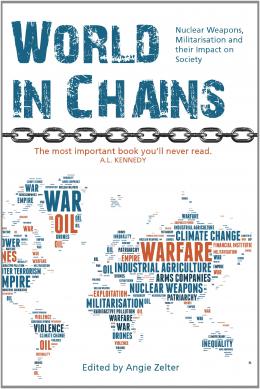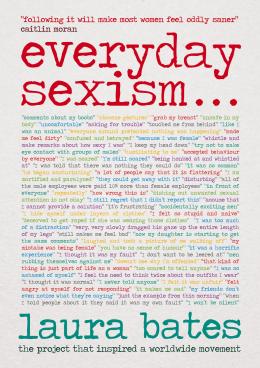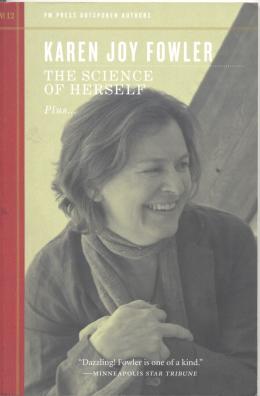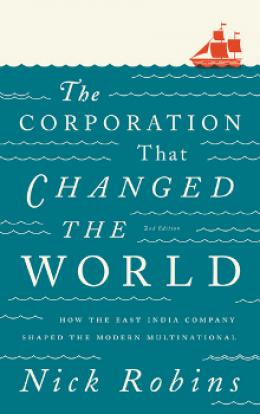The UK armed forces currently make 11,000 visits to UK schools and colleges annually, and large sums of money have recently been set aside to expand cadet forces in state schools and to fund military-based ‘alternative provision’ projects.
This short film, made by young people for young people, examines whether recruitment is one of the aims of the new school cadet forces, interviewing cadets, as well as members of the Woodcraft folk who are campaigning against the military’s presence in schools. While one young cadet…
Reviews
When I’ve heard white people committed to social change start talking about racism and activism, the conversation has often veered rapidly to the question: ‘How can we get more of them to come to our meetings/activities?’ In Towards Collective Liberation, a powerful, humble and thought-provoking book that deserves the widest possible readership, white US activist Chris Crass poses very different questions: ‘How can white radicals work with other white people against racism?’ and ‘How can white radicals be trustworthy allies to…
In 2008, Rebecca Solnit wrote a brief essay, 'Men Explain Things to Me', that went viral on the internet.
The title was inspired by an incident in which a male party host, on hearing that she had just published a book about the 19th century photographer Eadweard Muybridge, insisted on telling Solnit all about the very important Muybridge book that had come out earlier that year – only to discover, of course that it was Solnit's book that he was talking about.
However, that essay – and this…
In 1956 Oxford University decided to award former US President Harry S Truman an honorary degree. Outraged at his role in the atomic bombings of Hiroshima and Nagasaki, philosopher Elisabeth Anscombe made an impassioned speech against the move, prior to the vote.
For her, killing the innocent as a means to an end was murder. 'If you give this honour, what Nero, what Genghis Khan, what Hitler, or what Stalin will not be honoured in the future?' she implored.
At least two others voted against the award. One of them -…
Sentenced last year to 35 years imprisonment for leaking thousands of classified files to Wikileaks, Chelsea Manning’s real crime was embarrassing the US government and exposing some of the brutal realities of the US wars in Iraq and Afghanistan.
Clark Stoeckley’s crudely-illustrated non-fiction graphic novel provides an accessible precis of Manning’s trial, taking us from her first pre-trial hearing in December 2011 through to her sentencing in August 2013. Along the way, we learn about her increasing disquiet about US foreign…
12 years ago Philip Bobbitt published ‘The Shield of Achilles’, positing a central political and creative social role for war. Now Polity Press are publishing some short works on ‘Global Futures’ and one of them is this little book by Christopher Coker of LSE. It is much shorter, and much more accessible, than Bobbitt, and the author sees war as less creative than Bobbitt suggests.
The major question addressed by both is whether war is ‘pathological’ (Rousseau) or ‘normal’ (Kant). In the former case pacifism is the only…
If you want a concise, thoughtful background briefing on the ISIS crisis, this is it – written by a journalist with three decades of experience in the region. This is a compelling account of how the Islamic State of Iraq and the Levant (ISIS) has managed to conquer an area the size of Britain. Patrick Cockburn knew something was coming: he nominated Abu Bakr al-Baghdadi, the head of ISIS, as the Independent’s ‘man of the year’ for the Middle East on
1 January, days before ISIS took over the Iraqi city of Fallujah, and six…
Most people in Britain, I suspect, know little or nothing about women’s struggle for the vote here. For those who know a little, I would guess that the suffragettes would be top of the list of recognised names, followed by Emmeline Pankhurst and Emily Wilding-Davidson.
They might also recognise the name of the non-militant suffragist leader Millicent Fawcett, but that’s probably about it. Sally Heathcote Suffragette, a collaborative effort by Mary and Bryan…
A familiar jibe aimed at people active in the nuclear disarmament movement is that they are engaged in a single-issue campaign. A simple answer has always been to hand: most of those active in anti-nuke work are also up to their eyes in other work for social change. However, this collection of essays adds another dimension to this response by cataloguing in detail the way that nukes are intrinsically linked to many other ills.
Hugely informative, it also aims to persuade more people to get involved in the Action AWE campaign…
Everyday Sexism is already an important touchstone in the fourth-wave feminism that many commentators are now heralding.
The book comes out of the website Laura Bates, a young journalist, set up in April 2012 after experiencing a particularly bad week of street harassment. Since then the website and Twitter account has collected tens of thousands of testimonies from girls and women detailing the appalling level of sexism that continues to blight societies around the globe. It is these relentless, often shocking, stories…
In his 2012 book Knowing Too Much, Norman Finkelstein argued that ‘a growing section of the disproportionately liberal US Jewish public... now knows too much about the realities of the Israeli-Palestine conflict to continue to lend Israel its blind support.’
Here he decisively skewers Israeli journalist Ari Shavit’s much-praised attempt ‘to repackage the old product... [so] that it sells despite its disquieting contents’, concluding that it ‘recycles too many shattered myths and confirms too many ugly truths to…
Most people who’ve heard of Karen Joy Fowler probably know her through her 2004 New York Times bestseller The Jane Austen Book Club, which got turned into a Hollywood film and was chosen as a title for the Richard & Judy book club. However, if you’ve never read her then you shouldn’t let the latter facts put you off, for Fowler is a delightful writer with a strong feminist sensibility, and this book – comprised of three short stories, an interview and a brief essay – provides an excellent brief taster of her work.
…
In the mid-18th century, the East India Company (EIC) accounted for half of the world’s trade, had its own army and enjoyed tax-raising powers over 10 million Indians. Yet, strangely, not a single London memorial exists to remember it.
The Battle of Plassey (1757) kicked off the EIC's takeover of a large swathe of Bengal. Company execs bought up and hoarded rice, contributing to huge famines throughout the 18th century. Robins cites an 1878 article from the Journal of the Statistical Society that concluded that 'in the…
Putting food on the table could be considered a prerequisite for revolutionary social change. ‘Grub first, then ethics’, as Brecht had it. So let’s get the grub right, at least. Which isn’t perhaps exactly what Brecht meant, but as the authors of this book recognise, ‘food has become the most prominent area in which people try to realise an alternative economy’.
The current global food system is well known for sucking value out of the social world and bottoming-out natural ecologies. The authors do not waste much time rehearsing…
In historian Timothy Garton Ash’s book The File, there’s an anecdote about a prominent East German activist finally figuring out who the very-well-informed spy was in her life (names had been blacked out in the files she could see). It was her husband.
He had romanced her in order to get a paid job feeding back information to the Stasi, the East German secret police.
I often used this as an example of just how corrupt East German society was. That sort of thing, I thought, wouldn’t happen in the UK. Sure, the…


